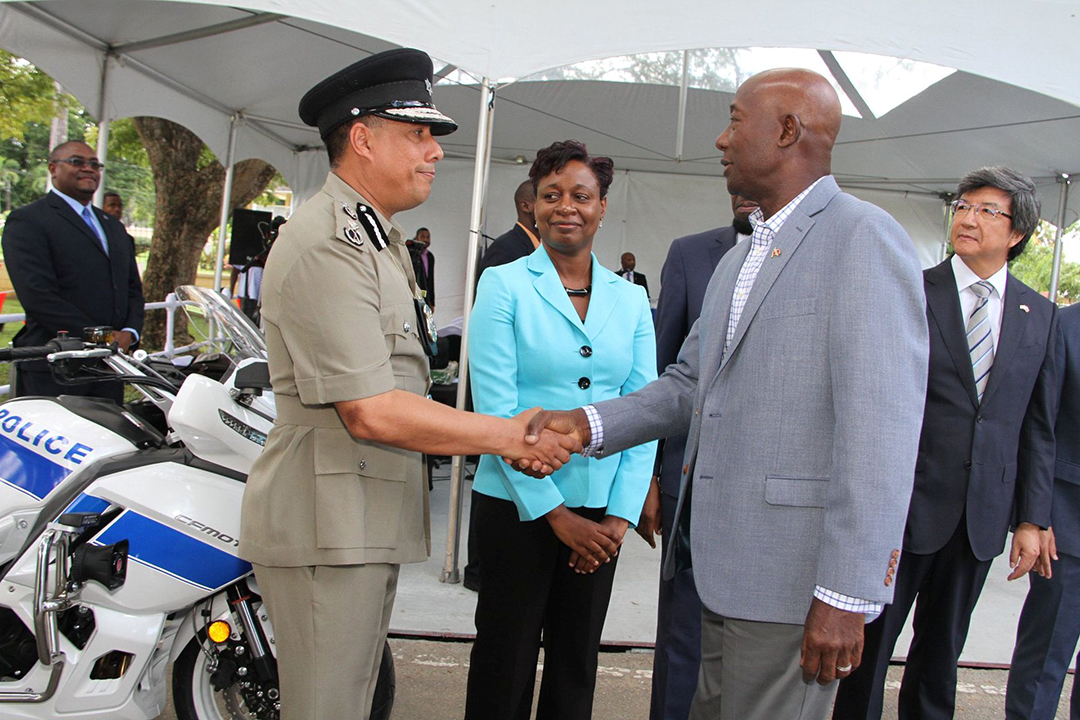(Trinidad Guardian) After receiving heavy criticism for his comments that some public servants have been collecting a salary even though they “produce nothing when the day comes,” Prime Minister Dr Keith Rowley has now issued a statement denying that he ever accused the Public Service workers of being lazy.
In a statement issued on his Facebook page, Rowley said, “I never used the word lazy nor did I accuse all public servants nor did I accuse the Public Service of being lazy.”
He wrote, “I spoke specifically about the use of GPS on the motorcycles which should allow the managers to be able to account for the whereabouts of their officers. I also spoke of the use of a diary in earlier times to allow worker productivity and whereabouts to be monitored and that this resulted in more public service by officers on the payroll.”
Rowley clarified, “Clearly this was a discourse about whereabouts and not necessarily about laziness.
This seems to have escaped the mental grasp of many who jump on what they want and that is a manufactured controversy. Incidentally, since I never used the word “lazy” it is wrong for the Guardian to piggyback on an Express sensationalism by using reported speech in the Guardian editorial when the word was never used. I wonder if the Guardian even bothered to listen to the speech or just simply copied an issue from the Express.”
In his speech delivered on Wednesday during the handing over of 200 police motorbikes at the Police Academy in St James, Rowley said some public servants were being paid even though they did no work.
Following the circulation of Rowley’s speech, public servants lashed out at Rowley vowing to withhold their vote because of his disrespect.
President of the Public Service Association Watson Duke, former Public Administration Minister Carolyn Seepersad-Bachan all chided the Prime Minister for his comments. They said the public service was in dire need of transformation.
The former head of the public service Reynold Cooper while saying that some workers lacked passion, admitted there was a need to reform the service and even re-think the recruitment process.






